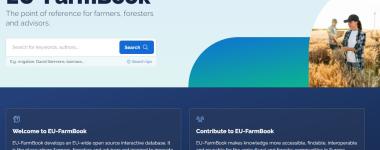


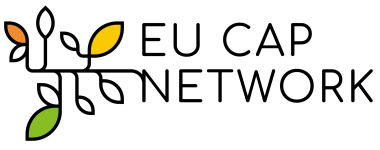
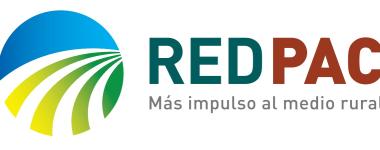
best4soil provides videos (YouTube), data sheets and 2 databases including decision support tool. The videos, databases and fact sheets are published in 22 official EU languages, to facilitate innovation management for professionals across Europe. Information will be freely accessible to ensure smooth knowledge transfer from research to practice.
Eurodairy covers 40% of EU dairy farmers, 45% of cows and 60% of milk production, drawn from emerging and mature milk producing regions of Europe. Farmer groups coming together in regions (as "operational groups") will be linked, so that good ideas can be captured and exchanged.
Recognizing the role of farmers as innovators, Bovine will build on the reservoir of knowledge that exists at the farm level across the four key related themes of: Socio-economic resilience, animal health; Wellbeing, production efficiency & and meat quality and environmental sustainability.
Collect cutting-edge knowledge ready to be put into practice by "end users" but not yet implemented well. Establish and maintain a knowledge sharing/qualification environment between farmers, business actors, researchers and advisors as a common ground to identify needs, evaluate new tools and innovations and facilitate exchange.
The skin will explore, analyze and classify at least 100 SFSC good practices in Europe. These will be systematized, processed into highly usable formats and made accessible to interested parties via the web and through the configuration of regional nodes, to allow deeper penetration of existing knowledge into practice.
Translated legume work packages (WPs) Project coordination and management WP1 WP2 leading science and innovation work WP3 synthesis of production-related knowledge WP4 Economic performance Environmental performance WP5 and multi-criteria validation Communications and impact WP6 Requirements WP7 ethics

The HNV-Link network is dedicated to developing and sharing innovations that support high nature value (HNV) farming systems and communities.
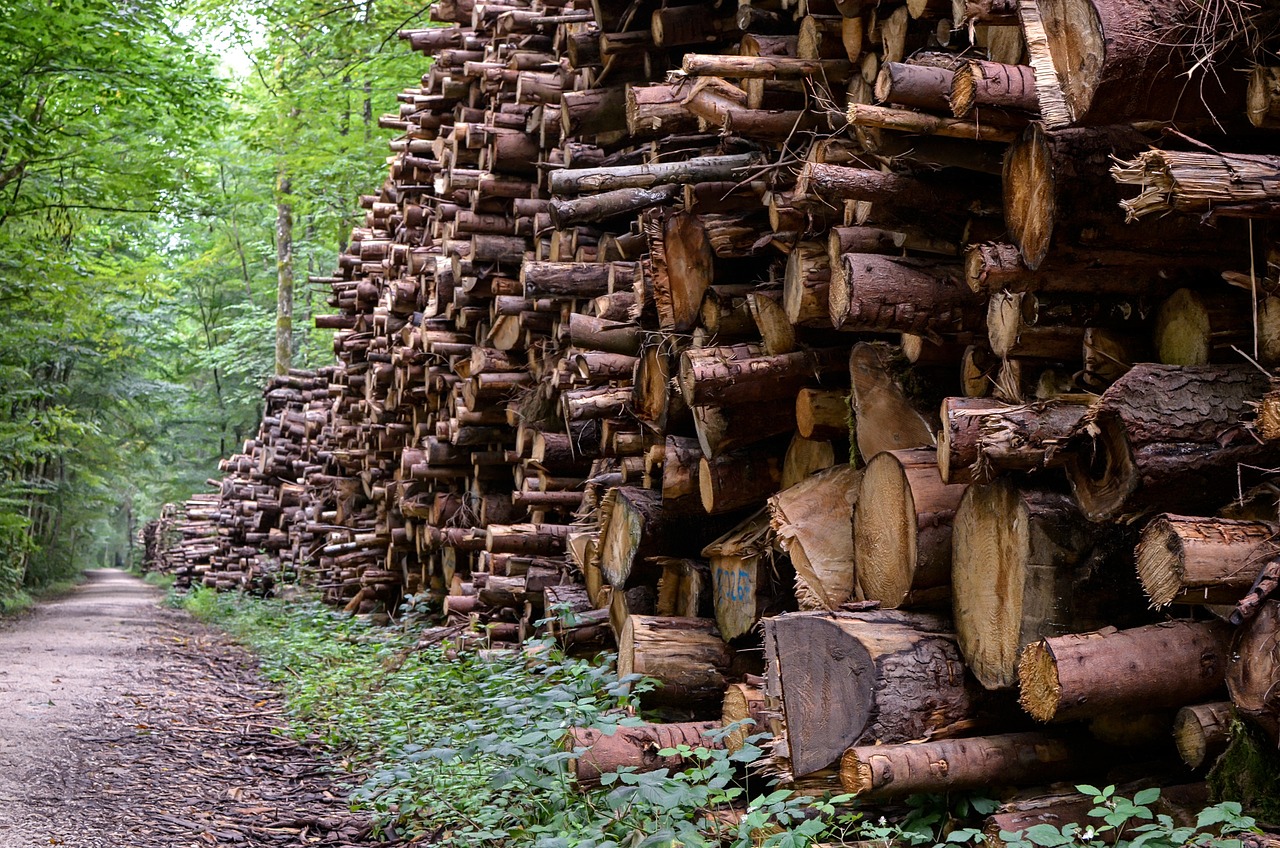
To achieve its objective, AFINET has included the participation of more than 900 agroforestry actors directly involved in agroforestry through an interregional European network (consisting of 9 regional innovation agroforestry networks (Rain)) that was articulated through the figure of the ""Innovation Broker"".
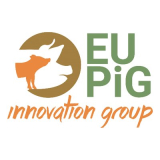
This project will create an EU-wide pig network that currently does not exist, providing significant added value by identifying and addressing the most pertinent challenges facing the EU pig industry and combining scientific knowledge with best practices on the farm.
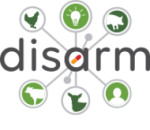
A 600-member multi-stakeholder community of practice * 10 Best Practice Guides, 100 Best Practice Summaries and 100 short videos to explain how farms have successfully adopted innovative practices * Working with 40 farms (in 8 countries) to develop plans multi-stakeholder agricultural health programs, case studies to show other farms how working with their veterinary, feed or equipment supplier
Characterization of 8 target regions to assess the potential of using reclaimed water in agriculture Database of water reuse projects in Europe Fact sheets and practice summaries with successful projects and case studies of water reuse pioneers SWOT analysis and AKIS in each target region as a basis for strategy Participatory workshops with key actors to identify the different points of view an
The main activity of the project is the collection and targeted provision of practice-oriented knowledge for innovative practice-ready nitrogen and phosphorus recovery technologies and products, providing inventory and outcome strategies for priorities. The outputs will be the basis of ~100 practice summaries written in the common EIP-IGRI format and training materials.
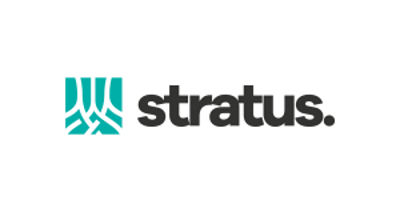
The Fertilisation Innovation Network ( FIN) is a technical network based on novel and effective approaches covering the main challenges leading to the creation of a Sustainable Nutrient Management Plan.
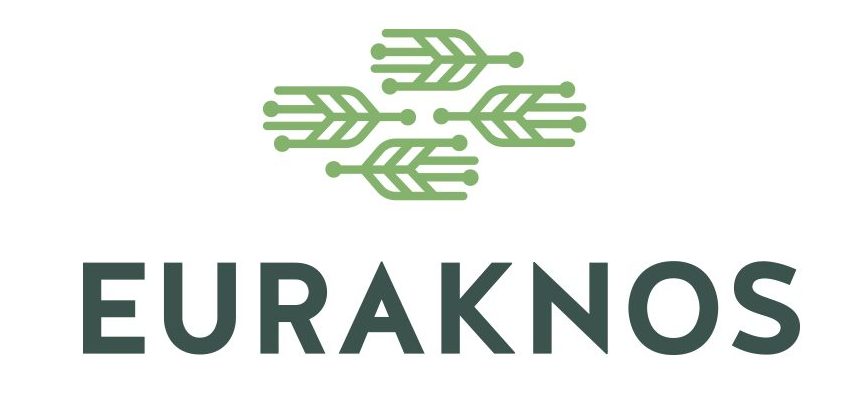
Euraknos will increase the compilation of practice-ready knowledge by intensifying the interaction between various agricultural or forestry food networks, thus maximizing results for practitioners. Cross-fertilization will be organized among existing thematic networks spanning different countries, regions and production systems.
This project focuses on organic poma, stone and citrus fruits and aims to strengthen the competitiveness of European organic fruit production
In this project, we will develop an integrated approach to combat the main health challenges in fungal production (parasitic fungi and bacteria). By developing a microbiota-enriched casing soil we will reduce the need for pesticides and contribute to improving the productivity, sustainability and profitability of the European mushroom sector.
Sm@RT uses an original interactive, transdisciplinary and multi-actor approach, based on 3 levels of networks: 1) a network of well-equipped demonstration farms ('digifarms'), 2) a network of innovative commercial farms to encourage exchanges with 3 ) the small ruminant industry in each country.
Best Practice Hens (BPH) will prepare and provide practical support to egg producers to encourage them to move from caged to cage-free systems. This applies to both the breeding of laying hens and the maintenance of laying hens in the production period.
Identify, summarize, share and present existing best practices and research results; Increase the application of new cost-effective technologies by improving active knowledge transfer between practitioners and researchers; Mobilize more biomass and create new business opportunities in rural areas by improving and strengthening the connection between practice and science; Apply a multidisciplina